10 fatos da revolução de Paolinelli
“We already know how to produce without further deforestation”
“The Amazon may become the largest producer of natural products”
“The world needs a global food pact”
Alysson Paolinelli
In memoriam
Alysson Paolinelli was the leader of the sustainable tropical agricultural revolution that gave Brazil food self-sufficiency, transformed Brazil into an agrifood power and created horizons for global food security and the sustainable development of countries from the tropical belt.
With the agricultural revolution and the higher supply of food, the relative cost of food in the family budget decreased, freeing income for other consumption. Well-being has increased and social improvements have been made, reflecting on Brazilians’ lives to this day.
Tireless, Paolinelli has always worked for the evolution of sustainable food production. Among his current initiatives, he founded and chairs the Fórum do Futuro (Future Forum), a center of studies that brings together many scientists and discusses possibilities for improving farming and cattle raising production.
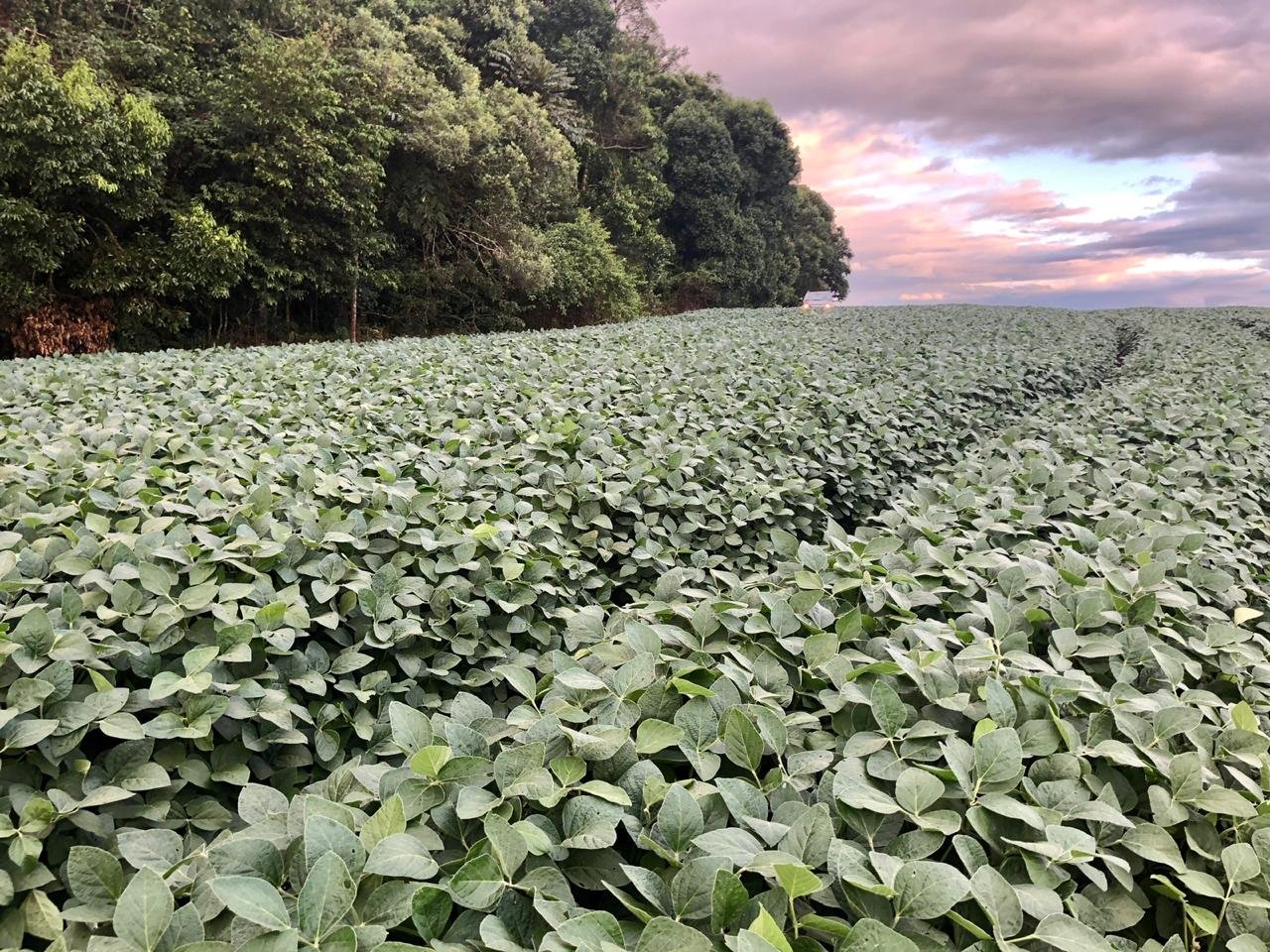
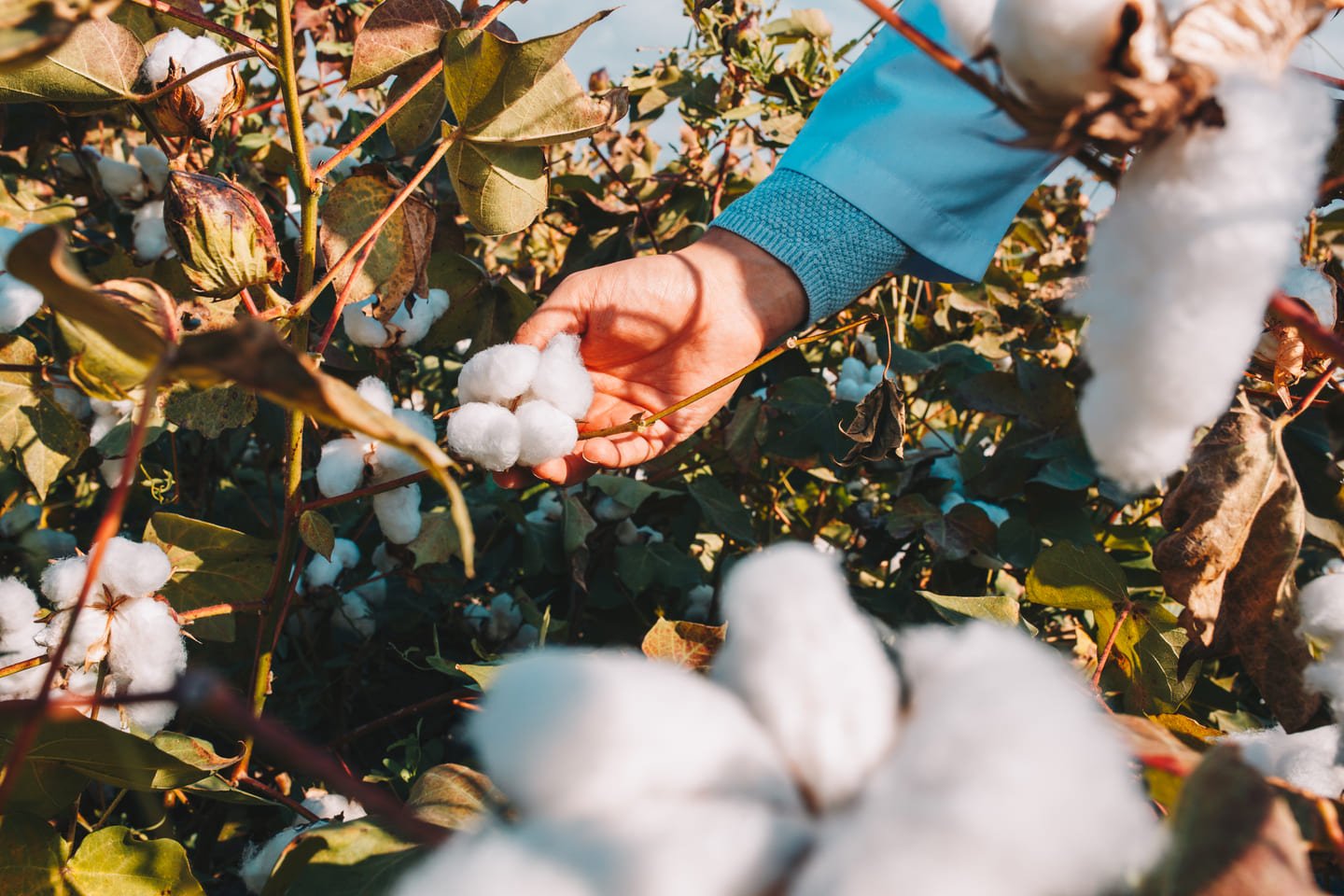
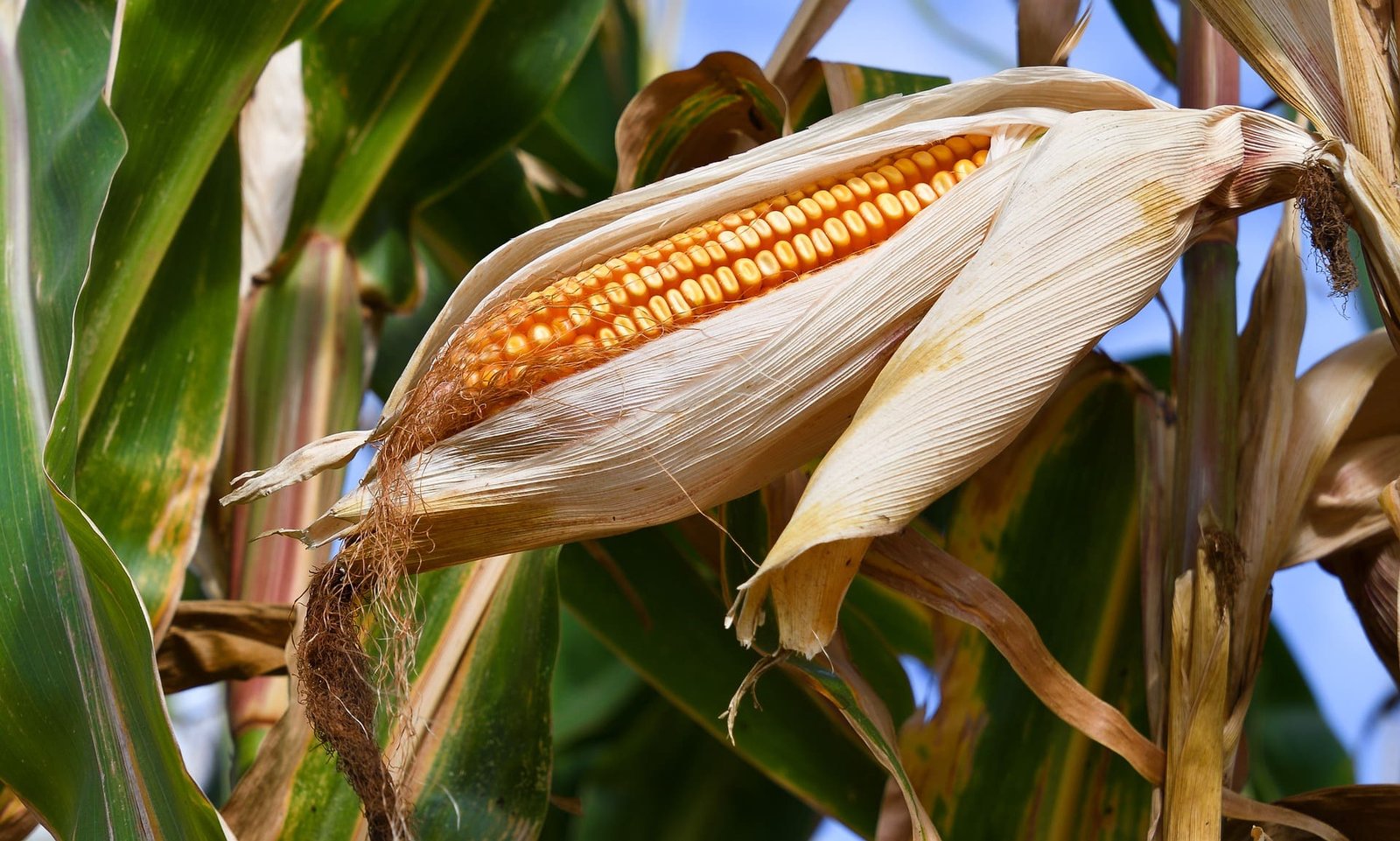
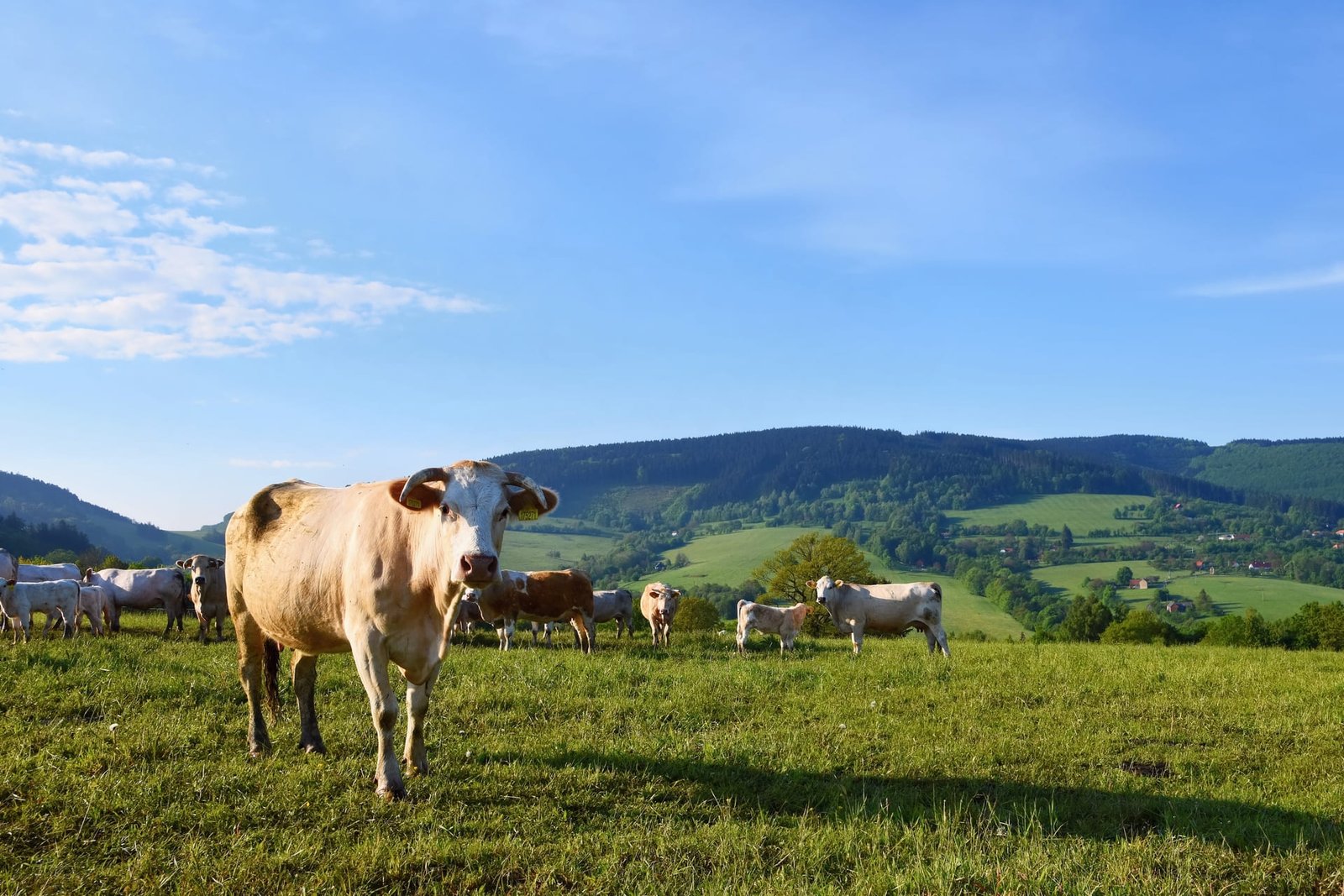


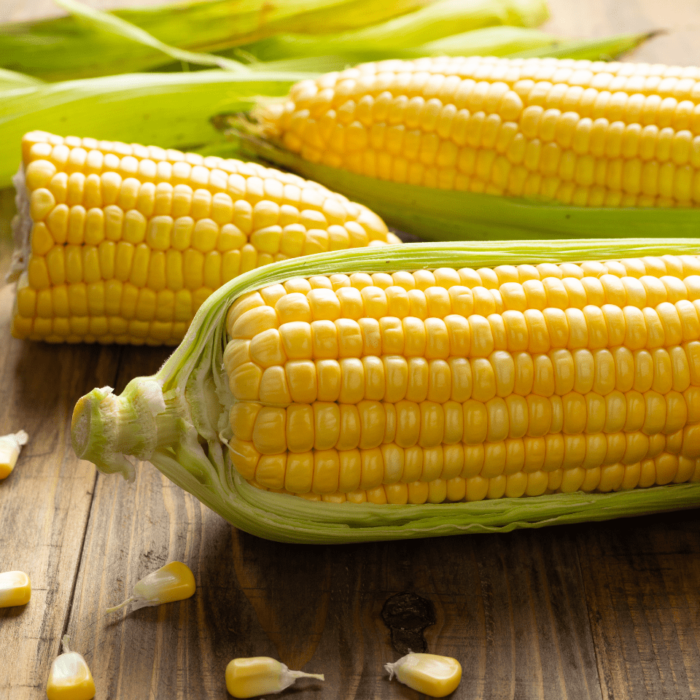

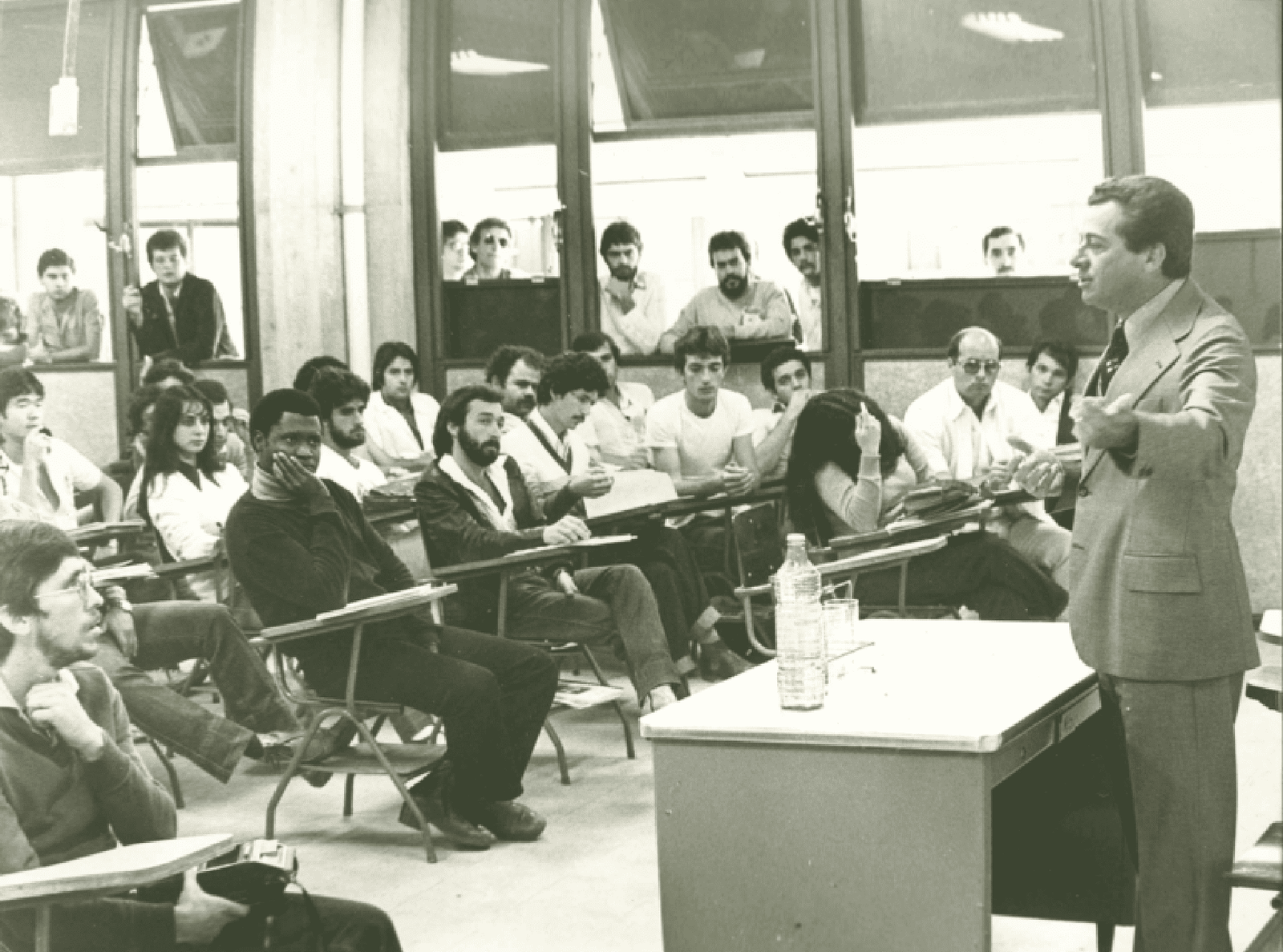
When he taught at the Federal University of Lavras (former Esal), State of Minas Gerais, Professor Paolinelli researched and started to disseminate the fundaments of sustainable tropical agriculture.

As Ministry of Agriculture, Paolinelli promoted science and technology and created the governance structures that ensured the success and expansion of sustainable tropical agriculture in Brazil.


In tune with the 21st Century, Paolinelli still promotes the pillars for competitive sustainable tropical agriculture aimed at social inclusion.
Learn about the 10 steps of Paolinelli’s revolution

1970s. Paolinelli set in motion an innovative sustainable tropical agricultural model, which initiated a profound transformation of Brazilian agriculture.

The starting point was a complete recovery of the infertile soils of Cerrado, a large tropical biome of savana with almost 2 million km².

This biological recovery of the biome allowed the production of valuable foods such as soy, corn, cotton, meat and milk in Brazil midwest.

Since then, Brazil's agricultural productivity rates performed with a Nonstop growth. From 1975 to 2020, production advanced by 384% and productivity by 500%.

To do this Paolinelli put science in the first place. He stimulated research with EMBRAPA and universities. He created EMBRATER for technological diffusion. Knowledge was the keyword.

Food self-sufficiency came to Brazil in the 1980s. The country also became a major food exporter, with positive trade balance of US$ 75 millions last year.

In addition to food self-sufficiency the Paolinelli’s revolution improve Human Development Index (HDI) of agriculture-based municipalities of the Cerrado in 73% from 1991 to 2010.

The sustainable tropical agricultural revolution was brazilian, but it is also viable for other developing countries in the tropical belt.

“Science and research need to be expanded to other tropical biomes, reproducing achievements such as those of the Brazilian Cerrado,” emphasizes Paolinelli.

“It is necessary to have a clear vision of the biomes to set the conditions that allows to produce well without degrading natural resources,” adds the ex-Minister.

